When Should You Consider Having a Physical Therapy Balance Evaluation for Multiple Sclerosis?4/30/2014
Balance deficits often occur slowly and are not noticable until a fall or the need for an assistive device occurs. Here are some red flags that you should consider as an indication for a physical therapy balance evaluation:
This is not a complete list, but rather some of the common signs that I see in my practice. If you feel you can relate to any of these, talk to your physician or physical therapist about having an evaluation. It is beneficial to get started early before you develop bigger issues, such as a fall. A bit about Julie...Julie Hom, MPT, NCS is a physical therapist specializing in the treatment of Multiple Sclerosis and balance and fall prevention. She is a Neurologic Certified Specialist (NCS) through the American Physical Therapy Association (APTA) which is a certification confirming higher skills and knowledge with respect to neurological disorders. Click here to read more about Julie...http://www.healthcarejourney.com/read-about-our-virtual-ms-center-staff.html Note: the information that is being provided is for "Advice Only" for individuals in California. Physical therapy and exercise can be the “cog in the wheel” to prevent loss of and even improve upon your balance, strength, endurance, and functional mobility/ADLs (Activities of Daily Living). Have a physical therapist in your area assist you in a personalized and progressive exercise plan. It should be tailored to your current needs. Ideally, your physical therapist has a neurologic emphasis and expertise in balance and fall prevention. Start small with implementing a program and gradually progress according to your PT’s recommendations.
-Julie Note: the information that is being provided is for "Advice Only" for individuals in California. When is the right time to start physical therapy? It is ideal to get started with a physical therapist when you first receive your MS diagnosis. A physical therapist will help you preventatively and establish a baseline even if you are not having symptoms with your strength, balance, or mobility. I often describe a fitness continuum as follows: Try to keep yourself “at the top of your game” (to the right of the arrow above). If your strength, balance, endurance, flexibility, and mobility are optimized, you will be less likely to feel a significant change during times of illness, injury, and/or exacerbations. Also, refer to the following diagram: If you have been previously diagnosed with MS, it is still the right time to connect with a physical therapist. Like in many medical conditions, early intervention is key. Everyone has room for improvement with their fitness level whether or not they have a MS diagnosis. So let’s get started exercising and be sure to follow any precautions outlined by your healthcare provider!
A bit about Julie...Julie Hom, MPT, NCS is a physical therapist specializing in the treatment of Multiple Sclerosis and balance and fall prevention. She is a Neurologic Certified Specialist (NCS) through the American Physical Therapy Association (APTA) which is a certification confirming higher skills and knowledge with respect to neurological disorders. Click here to read more about Julie...http://www.healthcarejourney.com/read-about-our-virtual-ms-center-staff.html Note: the information that is being provided is for "Advice Only" for individuals in California. Have you noticed that you tend to catch your toe on occasion while walking? This can be the start of foot drop, a condition caused by weakness in the muscles of the lower leg. It may start off slow where the toe catch occurs only after fatigue or prolonged walking. It can progress to you being unable to lift your foot throughout the gait cycle. Foot drop is a contributing factor to the risk of falls and is therefore important to address as soon as possible. There is a greater risk of falls when walking on area rugs, uneven surfaces (such as grass), and uneven pavements. Foot drop also contributes to increased energy expenditure with walking. The goal of foot drop management is to support the foot without over-bracing. If the leg is fully supported with a brace, secondary weakness develops due to muscle inactivity. Speak with your physical therapist and/or orthotist to determine which option is best for you. Below are some of the possibilities. They are listed from minimal to maximal support. Your therapist and orthotist try to find the brace that offers the least constraint while offering optimal control of the foot, ankle, and knee throughout the gait cycle which is dependent our your symptoms. 1) Functional Electrical Stimulation Foot Orthosis Bioness L300 http://www.bioness.com/L300_for_Foot_Drop.php Walk-Aide http://www.walkaide.com/en-US/Pages/default.aspx 2) Dorsiflexion strap – Foot-up without a shoe http://www.pattersonmedical.com/app.aspx?cmd=getProduct&key=IF_146868 Foot-up with a shoe http://www.pattersonmedical.com/app.aspx?cmd=getProduct&key=IF_921015567 Freedom Adjustable Foot Drop Brace http://www.pattersonmedical.com/app.aspx?cmd=getProduct&key=IF_88283 3) AFOs (Ankle Foot Orthoses) – these braces range from light to maximal support and can be made from metal and plastic. They can be issued off-the-shelf or customized to your foot. Posterior Leaf Spring http://www.pattersonmedical.com/app.aspx?cmd=getProduct&key=IF_921026824 A bit about Julie...Julie Hom, MPT, NCS is a physical therapist specializing in the treatment of Multiple Sclerosis and balance and fall prevention. She is a Neurologic Certified Specialist (NCS) through the American Physical Therapy Association (APTA) which is a certification confirming higher skills and knowledge with respect to neurological disorders. Click here to read more about Julie...http://www.healthcarejourney.com/read-about-our-virtual-ms-center-staff.html
Note: the information that is being provided is for "Advice Only" for individuals in California. |
PT BloggersSarah Frank PT, DPT, MSCS Julie Hom, MPT, NCS
Archives
January 2015
Categories
All
|
- Home
- About Us
- Virtual MS Center
- News & Resources
- Seminar Registration
- Health & Wellness
- Blogs
- About MS
-
Symptoms
- Balance and Walking Issues
- Breathing/Respiratory
- Bowel Dysfunction
- Cognitive Dysfunction
- Crying/Laughing Uncontrollably (PBA)
- Depression and Anxiety
- Dizziness/Vertigo
- Dysphagia
- Fatigue
- Foot Drop
- Hearing or Smell or Taste Changes
- Heat Sensitivity
- Leg Weakness
- Loss of Hand Dexterity and Coordination
- Memory and Mutliple Sclerosis
- Migraines
- Numbness/Tingling/Altered Sensation
- Nystagmus and Oscillopsia
- Pain
- Sexual Dysfunction
- Sleep Issues
- Spasticity/Spasms/Cramps
- Speech/Swallowing
- Urination/Bowel Problems
- Vision
- MS Clinics
- MS Topics
- Register With Us
- Terms of Use/Privacy/HIPAA
- MS HealthCare Journey

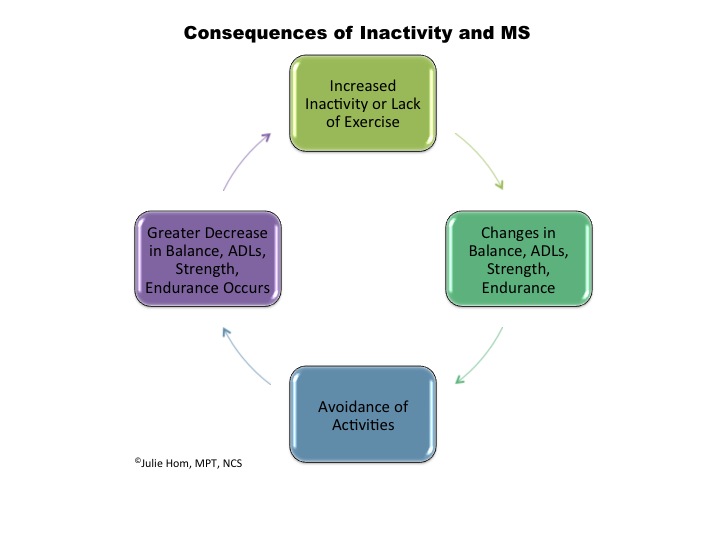
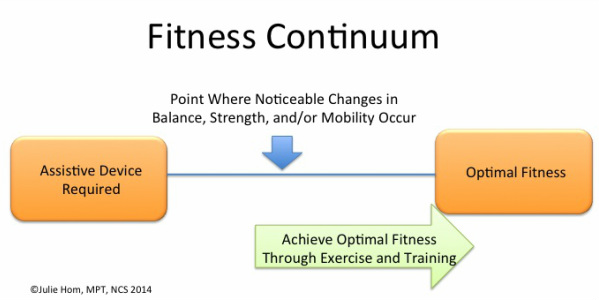
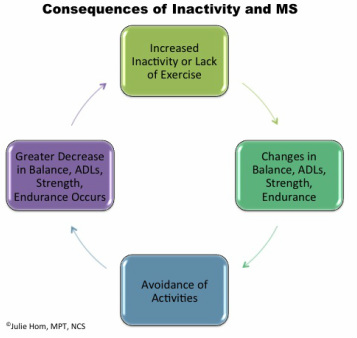
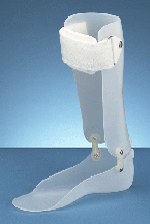
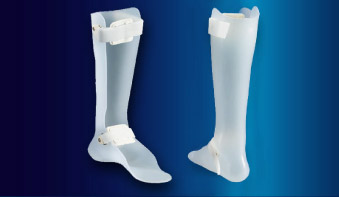
 RSS Feed
RSS Feed


